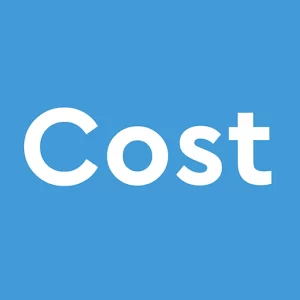Keeping a tight rein on costs is pivotal for the triumph of any construction endeavor. This blog post dives into the essence of adept cost management strategies in the building sector, underscores the pivotal role of quantity surveyors, and imparts savvy tips to keep your project’s expenditures on track.
The Critical Nature of Cost Control
The reason cost management in construction can make or break a project is multifold:
- Financial Health: Maintains budgetary adherence, safeguarding the project’s economic health.
- Profit Maximisation: Cost discipline aids in rooting out waste, thereby bolstering profitability.
- Informed Decisions: Accurate fiscal data enhances decision-making quality.
- Boosting Confidence: Demonstrates robust financial stewardship to stakeholders.
Crucial Elements of Cost Management
Cost Planning and Estimation
Effective cost management starts from the initial design phase and spans to project completion. It’s a layered approach starting with rudimentary estimates and getting more detailed with every phase.
Budgeting
Developing a comprehensive budget, inclusive of all direct, indirect, and reserve funds for unplanned issues, is crucial.
Cost Control Techniques
This phase involves vigilant monitoring and management of every dollar spent during the project.
Procurement Strategies
Ensures material and services procurement at economical rates without compromising quality.
Risk Management
Identifying potential financial overruns and establishing mitigation strategies.
The Integral Role of Quantity Surveyors
Quantity surveyors are the champions of cost management, deploying their expertise in cost estimations, budget management, and financial tracking to steer projects towards fiscal prudence.
Top Strategies for Superior Cost Management
Embrace Detailed Planning
The blueprint of cost management is anchored on meticulous upfront planning, constituting well-delineated project plans, schedules, and financial roadmaps.
Implement Consistent Tracking
Regular financial health checks and real-time reporting are vital for early detection of potential overruns, thus facilitating timely interventions.
Leverage Tech Advancements
Utilising cutting-edge tools like cost estimation software and project management solutions can significantly heighten precision and efficiency.
Communication is Key
Keeping a clear and ongoing dialogue with all project holders ensures everyone is aligned with the financial aspects of the project.
Never Stop Improving
Continuous process improvement, informed by lessons learned from past projects, can fortify cost management practices.
Practical Cost Management Tips
- Clearly define financial goals and ensure they are well communicated across the project team.
- Meticulously document all financial dealings to ensure transparency and streamline tracking.
- Handle project scope changes judiciously to prevent unnecessary cost inflations.
- Optimise the use of resources to curtail wastage and unnecessary expenses.
- Regular financial audits to assert adherence to budget and pinpoint any financial anomalies.
Navigating Challenges in Cost Management
Common setbacks like scope creep, erratic estimates, and unanticipated risks can derail financial management. Robust change control mechanisms, reliance on empirical data, and proactive risk management are essential to navigate these challenges effectively.
Conclusion
Effective cost management is indispensable in steering construction projects towards their financial goals. By embedding systematic planning, diligent monitoring, and dynamic risk management, coupled with leveraging modern technology and ensuring seamless communication, quantity surveyors along with project managers can secure budget compliance and enhance the economic success of projects.
FAQs
- What is cost management in construction? It involves strategic planning, estimation, budgeting, and cost control to keep the project within budget.
- Why is effective cost management crucial in construction projects? It ensures the project stays economically feasible, maximises profitability, and maintains stakeholder confidence.
- What roles do quantity surveyors play in cost management? They focus on accurate cost estimation, budget management, expense monitoring, risk assessment, and financial reporting.
- Which strategies enhance cost management? Key strategies include thorough planning, consistent financial oversight, using advanced technology, and maintaining robust communication.
- What common pitfalls occur in cost management? Scope creep, inaccurate estimations, and unforeseen risks are typical, and can be mitigated through structured change management and proactive planning.












